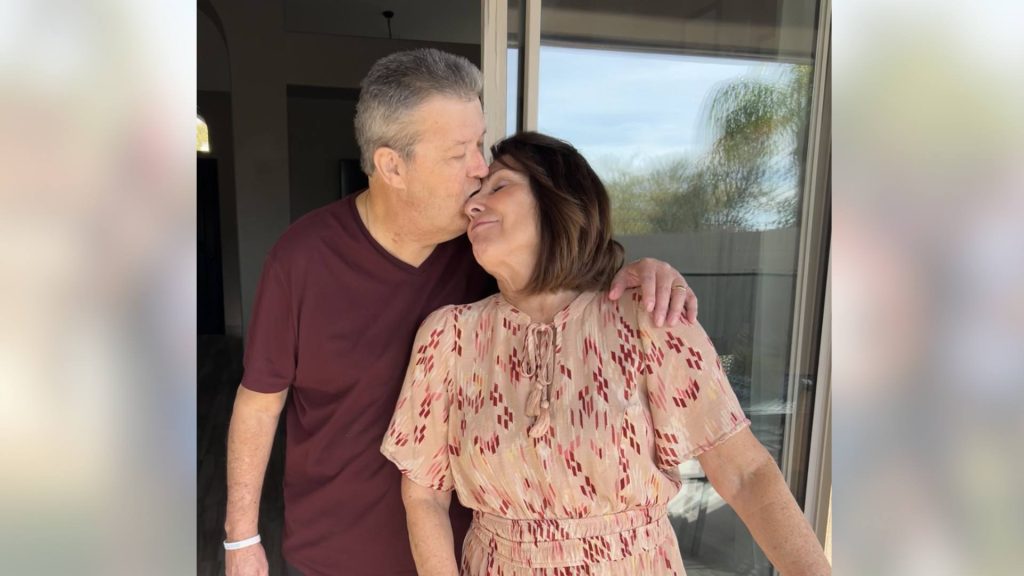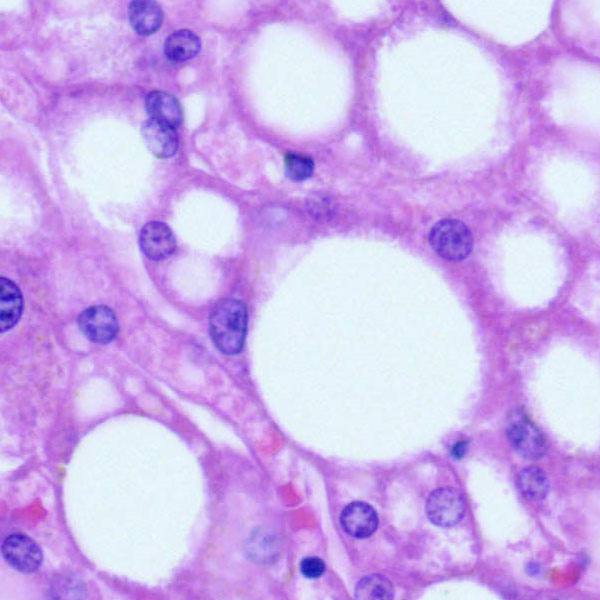
Heart Transplant Innovation: Breakthrough technology known as "heart in a box" is giving hope to thousands of people in need of heart transplants. Traditionally, donor hearts were retrieved from patients who were declared brain dead, but their heart remained beating. "Heart in a box" allows for donation after circulatory death (DCD), where the heart has stopped beating. The new system is expected to widen the donor pool, thus getting more donor hearts to more recipients. Mayo Clinic teams have performed heart transplants using the new perfusion system in Florida, Minnesota and Arizona.
This first person to undergo a "heart in a box" transplant in Arizona says it saved his life. Two months after the surgery, he and his wife are celebrating their 50-year wedding anniversary and his new lease on life.
Journalists: Broadcast-quality video (2:40) is in the downloads at the end of this post. Please courtesy: "Mayo Clinic News Network." Read the script.
It is a special Valentine’s Day for Trish and Jeff Robinson. The Lake Havasu City, Arizona, couple is celebrating their 50-year wedding anniversary. They were high school sweethearts.
"We basically went on a date, a blind date, when I was 17," says Jeff.
Trish remembers, for her, it was love at first sight.
"When I met him ... you just get that feeling ... he’s the one," she says.
Soon after meeting, Trish and Jeff were married. They began building their life together. Then came the unexpected news when Jeff went to the doctor.
"He asked me, ‘How long have you had a heart problem?’ I told him I didn’t have a heart problem. And he said, ‘Yeah, you do,'" recalls Jeff.
Tests revealed Jeff had congestive heart failure. After years of surgeries and countless medications, doctors told Jeff he had less than two years to live unless he got a heart transplant. Jeff then became one of approximately 3,000 people in the U.S. on the transplant waiting list. The wait can be long. The number of people who need a donor heart far outweighs the number of donor hearts available. Yet, the couple remained hopeful.
"We didn’t let it get us down,” says Jeff. “We knew somehow one day it would work out."
That day arrived in the fall of 2022. Jeff got a call from his health care team at Mayo Clinic.
"They asked me if I wanted to get a 'heart in a box.' They said it was something new, and I’d be the first in Arizona to get it. And I immediately said yes!"
"Heart in a box" is a portable, Food and Drug Administration-approved system that is expected to widen the donor pool and speed up the donor and recipient transplant process.
Traditionally, donor hearts are retrieved from a donor who is declared brain dead, but whose heart is still beating. The new "heart in a box" perfusion system allows for the use of donation after circulatory death, where the heart is no longer beating. Until now, a donated heart had to be put on ice in a cooler for transport. The transplant team only had about a four-hour window to get the heart to the recipient. With the new system, instead of keeping the heart cold, the heart is resuscitated and placed in a portable box that keeps it warm in a metabolically active, humanlike state. Experts say the system also increases the window of transport up to 12 hours, widening the pool of donors.
"This technology is going to give patients the ability, potentially, to get transplanted faster," explains Dr. Brian Hardaway, a leader in Mayo Clinic’s Cardiovascular Medicine Department. "We’re going to be able to go out to further distances to retrieve organs from donors and bring them back in a safe fashion. So it’s incredible."
On Nov. 16, 2022, Jeff became the first person in Arizona to undergo a "heart in a box" transplant at Mayo Clinic Hospital in Arizona. Dr. Patrick DeValeria, a Mayo Clinic cardiothoracic surgeon, became the first surgeon to perform the procedure in Arizona.
Dr. DeValeria remembers the transplant team’s reaction when "heart in a box" arrived. "Everybody was just very amazed to see this device working. And even when we brought the heart back to the operating room at Mayo and rolled it into the operating room, and we were doing our final evaluation of the heart, people were coming over and looking at it. And these are people that have been in medicine for 20 years, and they were all just marveling that we had this opportunity to do this for this patient," recalls Dr. DeValeria.
Two months after Jeff’s surgery, doctors say he is progressing well. "He’s having the anticipated post-transplant course, in good spirits, getting around OK. Things are looking good," says Dr. Hardaway.
Jeff is now back at home with Trish, their children and grandchildren. He is back to riding his stationary bike and walking daily. "It feels really good to walk down the street and not get out of breath," says Jeff.
They haven’t yet decided how they plan to celebrate Valentine’s Day or their upcoming 50th anniversary, which are just a few days apart. "We’ve already received the best gift we could ever ask for," says Trish.
"I'm so grateful to whoever donated this heart to me," says Jeff. "I'm elated, it’s awesome. I just have to thank them from the bottom of my new heart."
Related posts:
- Mayo Clinic Minute: ‘Liver in a box’ is saving lives with new technology
- Beating the odds for a transplant
- Celebrating 1 millionth transplant in US
For the safety of its patients, staff and visitors, Mayo Clinic has strict masking policies in place. Anyone shown without a mask was either recorded prior to COVID-19 or recorded in a nonpatient care area where social distancing and other safety protocols were followed.







